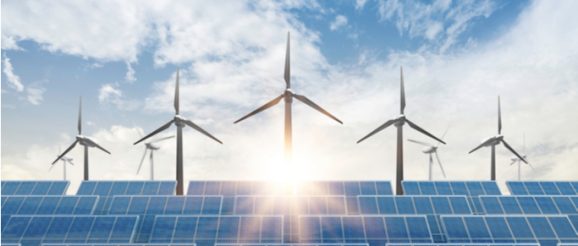New Energy Credits Encourage Innovation | Independent Women’s Forum

American energy innovators hopefully will get a boost soon in the form of the Energy Sector Innovation Credit (ESIC) Act which was introduced in Congress on Tuesday. This tax proposal will help encourage innovation in the clean energy sector by creating incentives for innovation through tax credits and helping these technologies become commercially deployed on the mass market.
Notably, this tax credit will be proportional to how much a project earns from market sales, which will eliminate the risk of technologies becoming over-reliant on tax credits to stay afloat. This is ensured by the credit decreasing slowly as a technology scales up on the commercial marketplace, thus it will provide vital support when companies most need it to overcome initial financial hurdles while ramping up, but then the tax credit phases out once support is no longer needed.
In the press release following the bill’s introduction, Senator Crapo explains:
“ESIC will incentivize technology-wide clean energy innovation so new, clean technologies can rapidly scale up and compete independently in the market. Moreover, ESIC automatically scales down credits as technologies’ market penetration ramps up, so taxpayer dollars do not subsidize market-mature technologies. The U.S. is a leader in energy production because our robust economy allows for innovation and pathways to clean energy solutions…”
This bill could be an important step towards a better clean energy future. Proponents on both sides of the aisle recognize that we need innovation and new technologies to further reduce our emissions and make renewable energy more reliable.
Bills such as the ESIC Act are encouraging to see and our lawmakers should recognize the important role that this type of legislation will play in creating meaningful environmental progress. In the meantime, however, we should also continue to encourage the use of clean energy technology that we already have, in particular, carbon capture and storage and nuclear energy. American innovators are working hard to improve these technologies as well, but they offer good solutions even now. Nuclear energy is carbon-free, cheap and reliable, while carbon capture and storage can help reduce emissions for more traditional energy sources such as natural gas as well as emissions produced from other sectors.
These positive, pro-progress approaches are far better than those of the Green New Deal, which seek to restrict human activity and unrealistically push us toward renewable energy only. We must encourage our lawmakers to continue to find reasonable and realistic solutions like the ESIC Act to support further innovation in the energy sector.
